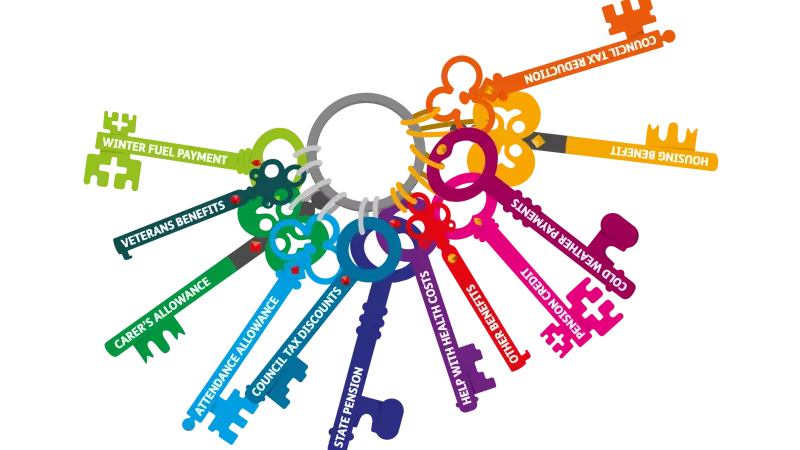Blog: ‘Digital by default’ – what a digital society might mean for older people
While there has been a recent increase in the number of older people with access to internet or using a smart phone, there is still a sharp divide between digital haves and have-nots.
Not everyone is able to or chooses to use the internet and, as services increasingly move online, it’s vital to ensure that older and more vulnerable people are not left behind.
The ongoing impact of COVID-19 has demonstrated just how easily those who are digitally excluded can feel out of the loop. For instance, while attending a video appointment with their GP or downloading the Protect Scotland app will be second nature to some, for many older people this just isn’t an option.
Through our health and wellbeing community grants programme, we have been able to assist many of our member groups in developing digital skills and securing necessary equipment – allowing them to stay connected during the pandemic. Laptops, tablets, and training to use them, have been helping people stay active at home, join arts and music sessions, or just have a blether with friends.
At Age Scotland we strive to provide information and services that meet the needs of all older people, including those without access to the internet - from our free telephone helpline and friendship call offering, to information guides and new services such as Comradeship Circles, an opportunity for veterans to connect with one another by phone without needing to access the internet.
The Connecting Scotland programme is also a welcome step towards bridging the digital gap between the generations, particularly at such a difficult time when we seem to be progressing much more quickly towards a digital by default society.
We were delighted to see many older people’s groups and projects across Scotland included on the list of those benefitting from funding under Phase 1 of the programme and it would be interesting to see a more in-depth analysis of how this has positively impacted older people.
However, one off interventions will not be enough to reach everyone who is digitally excluded. We must continue to increase accessibility of technology to older people and ensure they get the long-term support and training necessary to stay safe and feel confident online – and that they know where to access this in the first instance.
With current lockdown restrictions extending and a tiered system on the horizon, it’s difficult not to look ahead and wonder what the festive period might look like.
We’re sure Professor Jason Leitch didn’t mean to exclude anyone when he mentioned preparing for a ‘digital Christmas’ in a radio interview this week, but we all must remember that a huge number of older people just don’t have this option.
Hundreds of thousands live alone and are without access to a smartphone, tablet or the internet. Many older people have already spent most of the year much more isolated than ever before, with their levels of loneliness rising substantially.
We know winter can already be an especially lonely time of year for many older people. Around 100,000 older people in Scotland ate Christmas dinner alone last year and many more may be alone this year, with community lunches and festivities unable to go ahead. As cold weather keeps us indoors, garden and doorstep meetings will also be restricted.
The thought of being unable to celebrate in person with friends and family is incredibly difficult, but we can all reach out to those around us to stay connected and ensure no one feels they are going through this alone. If digital communication isn’t an option, a phone call, card or doorstep chat where possible can make a huge difference.
We’d also urge any older person in need of support or just a friendly voice to call our free Friendship Line on 0800 12 44 222, available Monday to Friday 9am – 5pm.


